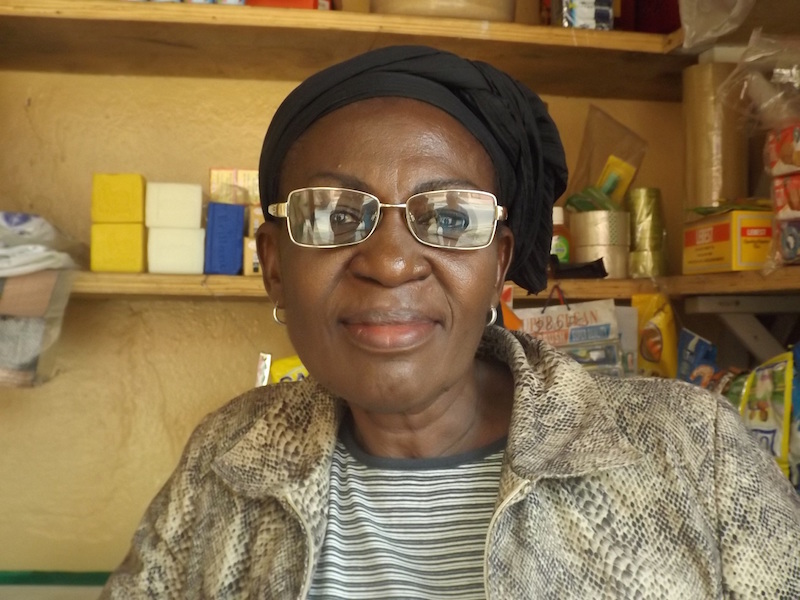Only 7% of the Congolese population has a bank account. This represents both a lost opportunity for finance providers and a lack of financial inclusion for poor people. Mobile money has proven to be highly effective in bridging this gap in other African countries, particularly Kenya. In DRC, mobile money has not taken off as predicted, with only 11% of mobile users having ever used the service. Awareness, trust and understanding of mobile money remain low. ELAN RDC is working with mobile network operators to address these constraints and help catalyse the growth of mobile money.
First, we developed a countrywide consumer education campaign to raise awareness of the benefits of mobile money, facilitating a partnership between DRC's three biggest mobile network operators and the Central Bank to collectively endorse and finance the campaign. Second, we are providing expertise to help network operators develop tailored marketing strategies for the poorer population, focusing on strengthening mobile money agent networks. Third, we are supporting the design of new mobile money based products and services for low-income customers.
“I realised that it was a tool we as women entrepreneurs could use which would add to our business.”
CASE STUDY
Beatrice Shomali owns a store in Kinshasa where she sells various items such as homemade juice, cakes and cream. Despite being a successful entrepreneur, she does not have a bank account and exclusively deals in cash with her customers. When three Congolese mobile network operators (MNOs) launched mobile money applications in 2014 she thought it was something only for young people and didn’t pay much attention. But when she was invited to attend a training session by the mobile network operator Tigo to learn about their service ‘Tigo Cash’, she thought she would go along to find out if it was something that could help her business.
Along with 200 other female entrepreneurs, she learned how mobile money can be used to transfer money, make payments and save for the future. Each woman was given a step-by-step guide on how to connect to mobile money and told about the potential benefits for their businesses.

After the training Beatrice noted: “I realised that it was a tool we as women entrepreneurs could use which would add to our business.”
In the DRC, agents are the front line for mobile network operators, playing a key role in identifying, registering and educating new consumers about products such as mobile money. As a result, MNOs ensure agents are well trained, reliable, and accessible to consumers. Men have traditionally been recruited as agents as they often have more capital and are perceived to be earlier adopters of technology.
To overcome these stereotypes, in partnership with Tigo, ÉLAN RDC organised the training course Beatrice attended to leverage networks of women entrepreneurs and facilitate the adoption of financial service within the female population. By incorporating more female entrepreneurs into the agent network, more customers have access to cashless transactions and women like Beatrice can earn money through agent fees from Tigo.
Following the training, Beatrice is hoping to become one of these agents: “My shop is in a strategic area not far from the big market in Kinshasa, so I get a lot of footfall. If I work with Tigo, I think I could increase my customers in my shop and earn more commissions, it will really change my life. Women are more able to convince our regular customers to use mobile money. It allows us to keep our money safe, it's really a very good service.”
